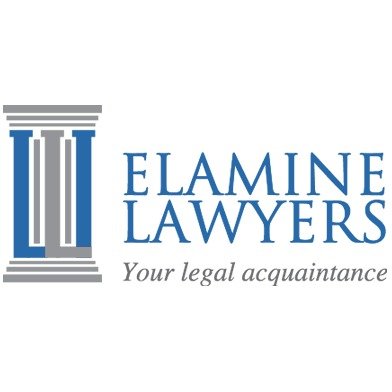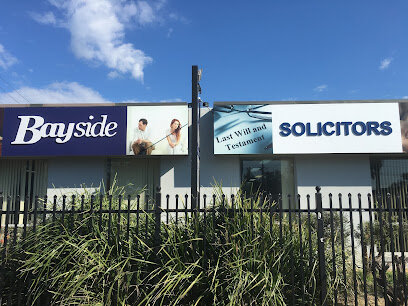Best Collaborative Law Lawyers in Frankston
Share your needs with us, get contacted by law firms.
Free. Takes 2 min.
Free Guide to Hiring a Family Lawyer
List of the best lawyers in Frankston, Australia
About Collaborative Law in Frankston, Australia
Collaborative Law, also known as collaborative practice, divorce or family law, is an alternative dispute resolution method based on cooperation between both parties and their lawyers. In Frankston, Australia, Collaborative Law is used mostly in divorce cases and other family law matters, but it also extends to civil and commercial legislation. The process requires each side to have a lawyer, with the aim of resolving the matter without going to court. It boasts an amicable way to resolve legal disputes where all parties involved try to find the best possible solution.
Why You May Need a Lawyer
Though Collaborative Law seeks a peaceful resolution, it's still complex. The presence of a lawyer ensures that your interests are aggressively championed and protected. You may need a collaborative lawyer for various situations, including but not limited to separation or divorce, child custody or support issues, alimony disputes, and division of marital property. A lawyer will also facilitate clear and unbiased communication between both sides.
Local Laws Overview
Frankston, Australia has clear regulations related to Collaborative Law under the Family Law Act of 1975. This act stipulates that all family disputes, including divorce, child custody, and property separation, should be resolved amicably outside courtrooms. In case of failed negotiations, the law dictates that such matters can then be escalated to a court. Further, the law identifies that lawyers participating in the collaborative process cannot represent their clients in court if collaborative negotiation fails, ensuring that they remain committed to reaching a resolution outside court.
Frequently Asked Questions
What is Collaborative Law?
Collaborative Law is a legal practice where both parties to a dispute agree to work out their differences outside court. With the assistance of their respective lawyers, the parties aim for a peaceful settlement.
What happens if we do not reach an agreement?
If both parties cannot reach an agreement through collaborative law, then the matter can be taken to court for litigation. However, you would need to seek different lawyers as the collaborative law lawyers cannot represent you in court.
How long does the Collaborative Law process take?
There is no set-time for the process. The duration of the collaborative law process depends on the complexity of the issues at hand and the willingness of both parties to compromise and reach an agreement.
Is Collaborative Law cheaper than going to court?
Generally, yes. Collaborative Law is typically less expensive than going to court, but costs can vary depending on a variety of factors including the complexity of the issues and the lawyers' fees.
Do I need to hire a lawyer for Collaborative Law?
Yes, a trained collaborative lawyer is required for each party. They guide the parties through the process and help them navigate the negotiation.
Additional Resources
Legal Aid Victoria provides helpful information on Family Law and Collaborative Law. The Law Institute of Victoria also provides insight into the use of collaborative law and local seminars.
Next Steps
If you believe you need legal assistance in Collaborative Law, start by identifying a reputable collaborative lawyer. Consult with them to guide you through the process, ensuring that your interests are well represented and protected.
Lawzana helps you find the best lawyers and law firms in Frankston through a curated and pre-screened list of qualified legal professionals. Our platform offers rankings and detailed profiles of attorneys and law firms, allowing you to compare based on practice areas, including Collaborative Law, experience, and client feedback.
Each profile includes a description of the firm's areas of practice, client reviews, team members and partners, year of establishment, spoken languages, office locations, contact information, social media presence, and any published articles or resources. Most firms on our platform speak English and are experienced in both local and international legal matters.
Get a quote from top-rated law firms in Frankston, Australia — quickly, securely, and without unnecessary hassle.
Disclaimer:
The information provided on this page is for general informational purposes only and does not constitute legal advice. While we strive to ensure the accuracy and relevance of the content, legal information may change over time, and interpretations of the law can vary. You should always consult with a qualified legal professional for advice specific to your situation.
We disclaim all liability for actions taken or not taken based on the content of this page. If you believe any information is incorrect or outdated, please contact us, and we will review and update it where appropriate.









